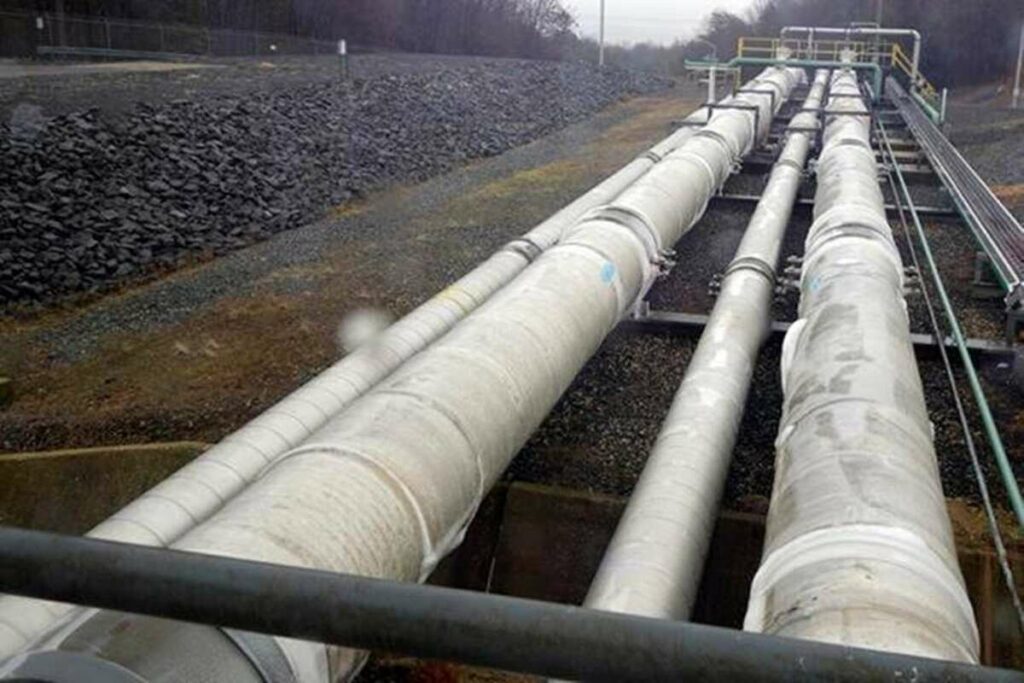![]()
The Gujarat government’s proposed Rs 2,300 crore deep sea effluent disposal pipeline project will be beneficial for nearly 4,500 industrial units across four highly industrialised districts, including Ahmedabad, Vadodara, Kheda and Rajkot, officials have said.
Work on the over-300-km-long deep sea pipeline project will start from January 2021. The ambitious project will be developed under a public private partnership (PPP) by the state government and beneficiaries. Of the total cost, around 70% will be borne by the government and the rest by industrial units through their respective associations.
The pipelines would be beneficial for mostly SMEs functioning in the fields of chemical, dyestuff, pharmaceuticals and textile processing situated in these four districts. The project is expected to reduce pollution in four major rivers: Sabarmati, Mahi, Vishwamitri and Bhadar.
Sources in the state forest and environment department said thousands of industrial units are situated in the proximity of these four rivers. Many of them are illegally releasing effluent water in the rivers despite stringent norms of Gujarat Pollution Control Board (GPCB).
“Every now and then industrial effluents are being (mostly illegally) released in Sabarmati river despite strict vigilance. The deep sea pipeline project would help industrial estates near Ahmedabad to release chemical waste directly in the high seas,” says a senior official in the state industries department, adding that similarly Mahi and Vishwamitri rivers near Vadodara would benefit.
According to him, the Bhadar river flowing near Jetpur town in Rajkot district has been polluted due to effluent release from textile processing units. A plethora of complaints has been raised by NGOs and residents in this regard.
The project, to be developed as per the guidelines of the Government of India and National Green Tribunal, is expected to revive local ecology near the rivers. The state-owned Gujarat Water Infrastructure Limited (GWIL) has floated a tender and a high level committee headed by the Chief Secretary will monitor the progress of the work.
“The project is expected to be completed by the end of 2024. The first review meeting has already been held. Effluents from 15 common effluent treatment plants will be collected and discharged into the deep sea,” said the official, adding that the project is jointly managed by the state industries and mine department, GWIL and GPCB.
We are providing practical training (Labor Laws, Payroll, Salary Structure, PF-ESI Challan) and Labor Law, Payroll Consultant Service & more:
- HR-Generalist-Practical-Training: https://oneclik.in/hr-generalist-practical-training/ (PF, ESI, Bonus, Payroll & more)
- Labour Code | Labour Bill (Labour-Law-Practical-Training): https://oneclik.in/labour-law-practical-training/ (Factory, Contact Labor, Maternity Act & more)
- PF – ESI Consultant Service: https://oneclik.in/pf-esi-consultant-service/
- Labor Law, Compliance & HR – Payroll Management
- Advance Excel Practical Training
Get Latest HR, IR, Labor Law Updates, Case Studies & Regular Updates: (Join us on Social Media)
- Telegram Channel: “One Clik”
- Whatsapp Group: https://wa.me/919033016939
- Facebook: One Clik
- Linkedin: One Clik
- Instagram: oneclik_hr_management
- YouTube: One Clik

